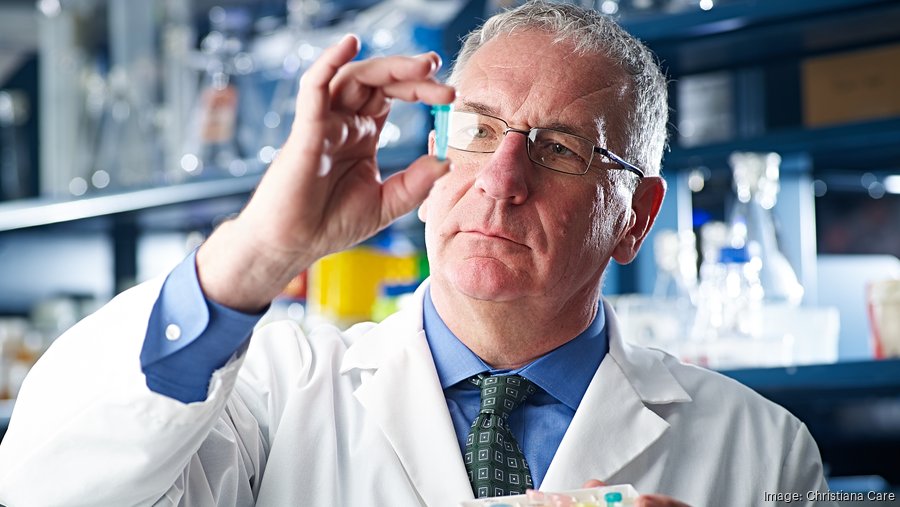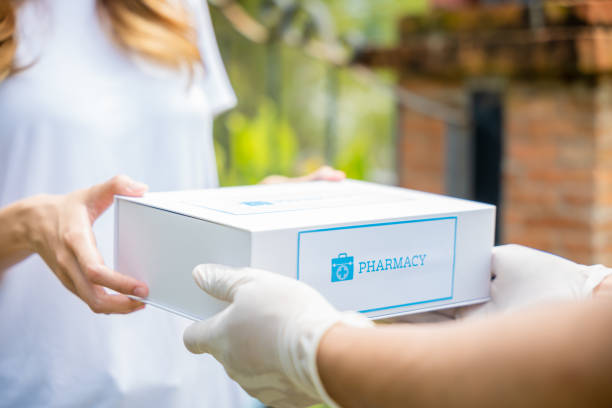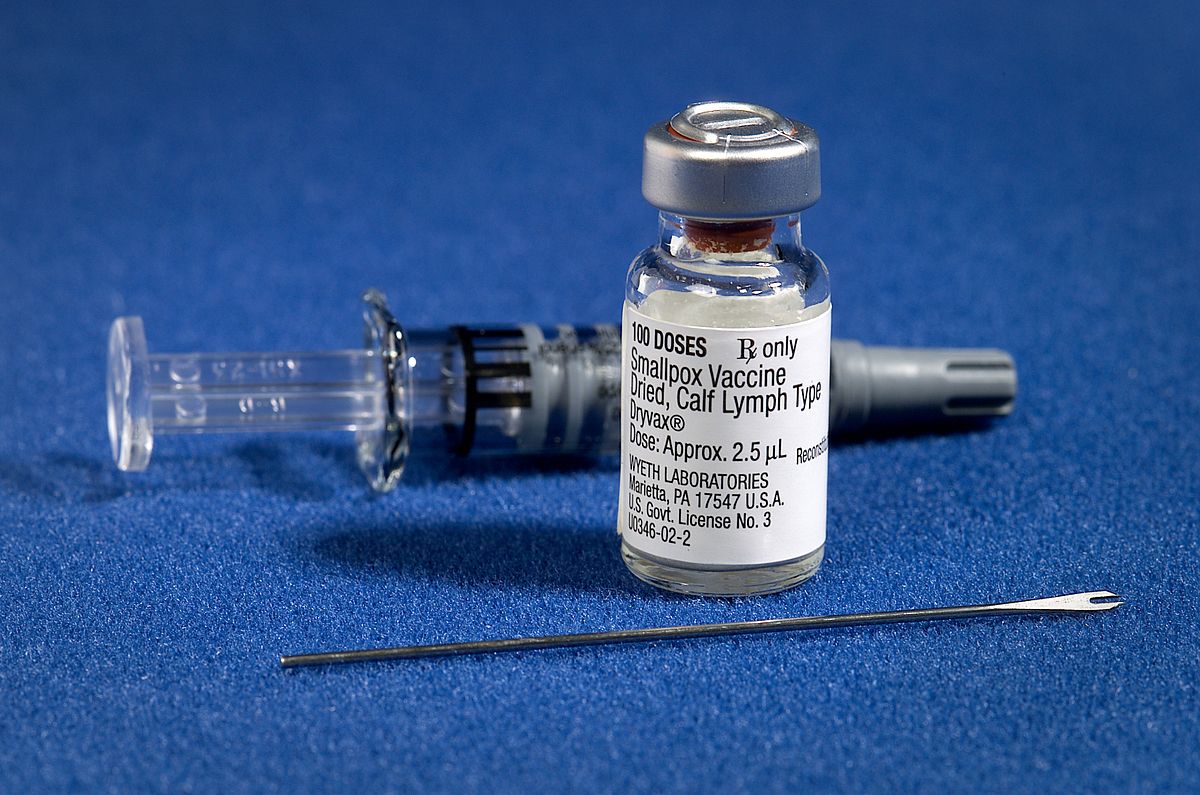GE Healthcare and its Impact on the Healthcare Nanotechnology Market: Strategy, Innovations, and Developments

Introduction
As the healthcare industry moves toward advanced technologies that improve patient care, diagnostic precision, and treatment outcomes, nanotechnology has emerged as a transformative force. GE Healthcare, a leading player in the global Healthcare Nanotechnology Market, has made significant strides in leveraging nanotechnology to drive innovation across various medical domains. From advanced imaging technologies to drug delivery systems, GE Healthcare is at the forefront of integrating cutting-edge nanotech solutions into the healthcare ecosystem.
Access Full Report
GE Healthcare: A Leader in Healthcare Technology
GE Healthcare is a global leader in medical technologies, providing a range of products and services that include imaging, monitoring, and diagnostic solutions. GE Healthcare’s mission is to improve patient outcomes, reduce the cost of care, and enhance the accessibility of healthcare across the globe. The company has a long history of using advanced technologies, such as artificial intelligence (AI), data analytics, and nanotechnology, to innovate and provide better healthcare solutions.
GE Healthcare's diverse portfolio spans several areas, including diagnostic imaging, ultrasound technology, molecular imaging, and more. With the integration of nanotechnology into these systems, GE Healthcare is exploring new ways to enhance diagnostic accuracy, enable precise treatment, and improve overall patient care.
GE Healthcare's Strategy in the Healthcare Nanotechnology Market
1. Investment in Research and Development (R&D)
One of the core strategies driving GE Healthcare’s dominance in the healthcare nanotechnology market is its heavy focus on R&D. The company continuously invests in developing new technologies and processes that integrate nanotechnology to solve complex medical challenges. GE Healthcare collaborates with universities, research institutions, and industry leaders to foster innovation in nanotechnology. This collaboration helps the company stay ahead of the curve in developing new applications and expanding the scope of nanotech within healthcare.
For instance, GE Healthcare’s research into molecular imaging has led to the development of advanced imaging agents at the nanoscale, enabling greater precision in detecting diseases such as cancer. By leveraging nanotechnology, these agents improve the sensitivity of imaging systems, enabling doctors to diagnose diseases at an earlier stage, which is crucial for better treatment outcomes.
2. Collaboration with Industry Leaders
GE Healthcare's strategy includes strategic partnerships and collaborations to expand its capabilities in healthcare nanotechnology. By working with leading academic institutions, healthcare providers, and other technology companies, GE Healthcare fosters the exchange of ideas and resources to accelerate the commercialization of nanotech innovations.
One notable partnership is GE Healthcare’s collaboration with nanotechnology-focused companies to enhance their imaging systems. The company has also partnered with research institutions that specialize in nanomedicine, further advancing the development of drug delivery systems at the molecular level. These partnerships allow GE Healthcare to apply nanotechnology to new areas, such as personalized medicine, advanced diagnostics, and more.
3. Advancing Precision Medicine
Another critical aspect of GE Healthcare’s strategy is its commitment to advancing precision medicine, where treatments are tailored to the individual characteristics of each patient. Nanotechnology plays a key role in this approach by enabling highly targeted drug delivery systems and the creation of nanoscale diagnostic tools. GE Healthcare has been instrumental in developing platforms that use nanomaterials to precisely target specific diseases, such as cancer or cardiovascular diseases.
Nanotechnology allows for the creation of nanoparticles that can deliver drugs directly to tumor cells or diseased tissues, minimizing damage to healthy cells and improving treatment efficacy. GE Healthcare’s focus on precision medicine is not only helping to personalize treatment but also improving patient outcomes by reducing side effects and enhancing the effectiveness of therapeutic interventions.
4. Sustainability and Cost-Effective Solutions
As healthcare systems around the world face increasing pressure to provide affordable care, GE Healthcare is focusing on developing cost-effective nanotechnology solutions that reduce the overall cost of healthcare. By leveraging nanotechnology in diagnostic imaging, for instance, GE Healthcare can provide more accurate results with fewer resources, reducing the need for expensive follow-up tests and procedures.
Moreover, the use of nanotechnology in imaging agents allows for faster and more efficient diagnostics, which can lead to earlier detection of conditions. Early detection, in turn, reduces the overall costs of treating complex diseases by enabling less invasive and less expensive treatment options. GE Healthcare’s drive toward cost-effective solutions helps healthcare providers deliver better value while improving patient care.
Emerging Innovations in Healthcare Nanotechnology by GE Healthcare
1. Nanoparticle-Based Imaging Agents
GE Healthcare has been actively involved in the development of nanoparticle-based imaging agents to improve the sensitivity and accuracy of diagnostic imaging. Nanoparticles are engineered to bind to specific biomolecules or cells, allowing for enhanced contrast in imaging techniques such as magnetic resonance imaging (MRI) and positron emission tomography (PET).
These nanotechnology-based agents offer several advantages, including the ability to detect diseases such as cancer, cardiovascular conditions, and neurological disorders at much earlier stages. Early detection plays a vital role in improving patient prognosis and guiding effective treatment plans. GE Healthcare’s focus on nanoparticle-based imaging is transforming the way medical imaging is conducted, providing more precise results with less risk to the patient.
2. Nano-enabled Drug Delivery Systems
One of the most promising applications of nanotechnology in healthcare is drug delivery. Nanoparticles can be engineered to carry drugs directly to the site of disease, such as cancerous tumors, while avoiding healthy tissues. GE Healthcare is working on innovative drug delivery systems using nanomaterials, which allow for the targeted release of medication in a controlled manner, improving therapeutic effectiveness and minimizing side effects.
For example, GE Healthcare’s efforts to enhance nanoparticle-based drug delivery could revolutionize cancer treatment by providing a means to deliver chemotherapy drugs directly to cancer cells, reducing the need for systemic drug administration and limiting adverse side effects. This approach could lead to more effective treatments with fewer complications for patients.
3. Nanotechnology for Regenerative Medicine
Nanotechnology is also playing a key role in the field of regenerative medicine, where GE Healthcare is exploring the use of nanomaterials to support tissue regeneration and repair. By harnessing the power of nanoscale materials, it is possible to develop scaffolds that promote the growth of new tissues and help repair damaged organs. These scaffolds can be used for a wide range of applications, from wound healing to organ regeneration.
GE Healthcare’s commitment to regenerative medicine through nanotechnology has the potential to provide groundbreaking solutions for patients with severe tissue damage, such as those suffering from heart disease, neurodegenerative disorders, or musculoskeletal injuries.
4. Enhanced Diagnostics with Nanosensors
Nanosensors are another emerging innovation that GE Healthcare is incorporating into its product portfolio. These tiny sensors are capable of detecting biomolecules or pathogens at extremely low concentrations, enabling highly sensitive diagnostics. For example, nanosensors could be used for point-of-care diagnostics, where patients can receive real-time results in remote or underserved areas, significantly improving healthcare accessibility.
GE Healthcare’s efforts in developing nanosensors for diagnostic purposes hold great promise for early disease detection, especially in areas such as infectious disease monitoring and cancer diagnostics.
Conclusion
GE Healthcare’s strategic investments in healthcare nanotechnology are transforming the landscape of medical care, driving advancements in diagnostics, drug delivery, and precision medicine. By integrating nanotechnology into its portfolio, GE Healthcare is leading the way in providing innovative and cost-effective healthcare solutions that improve patient outcomes.
The company’s strong focus on research and development, collaboration with key industry players, and commitment to advancing precision medicine are all central to its strategy in the healthcare nanotechnology market. With emerging innovations in nanoparticle-based imaging, drug delivery systems, and regenerative medicine, GE Healthcare is poised to continue its leadership role in the field of healthcare nanotechnology, shaping the future of healthcare for years to come.
Note: IndiBlogHub features both user-submitted and editorial content. We do not verify third-party contributions. Read our Disclaimer and Privacy Policyfor details.







